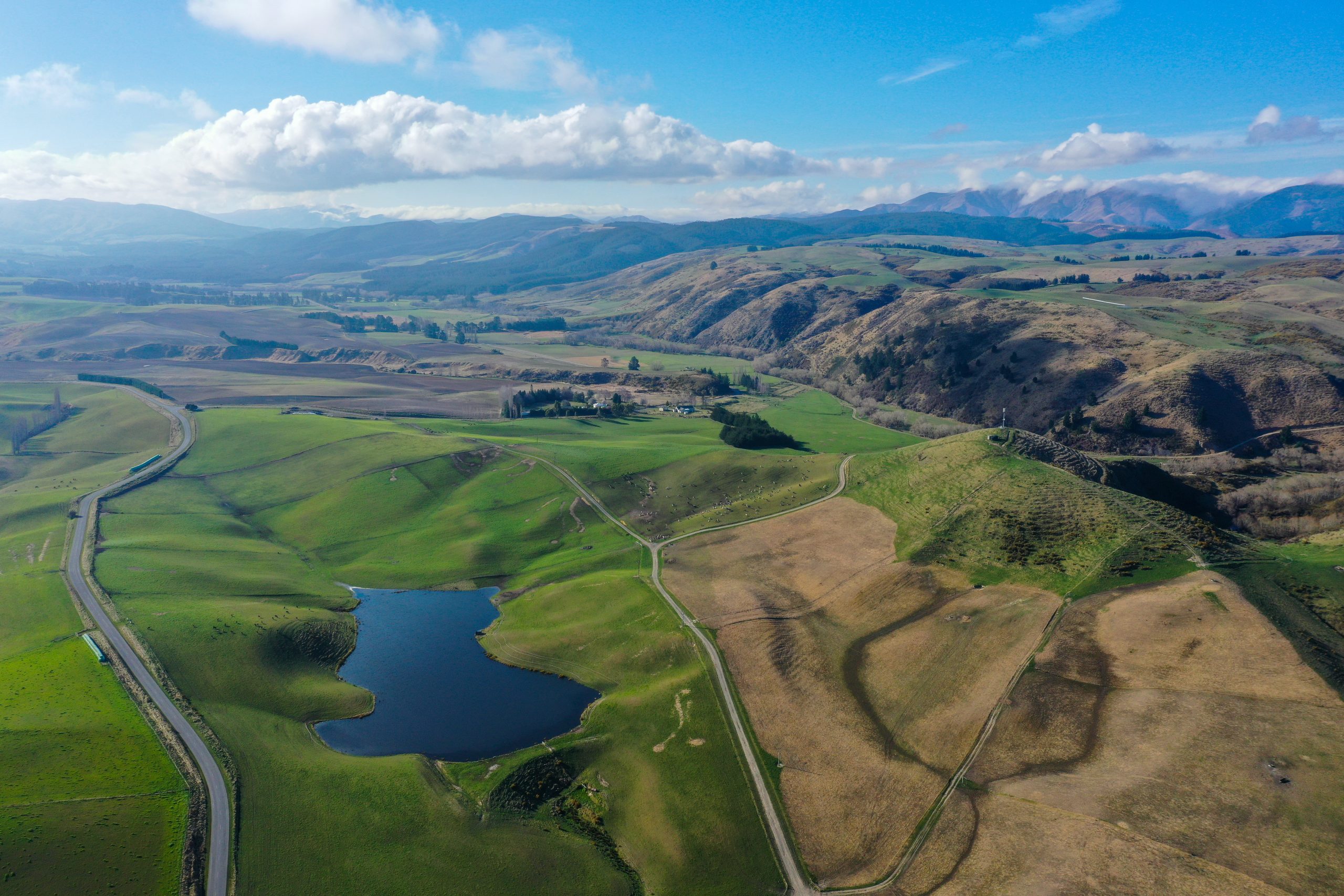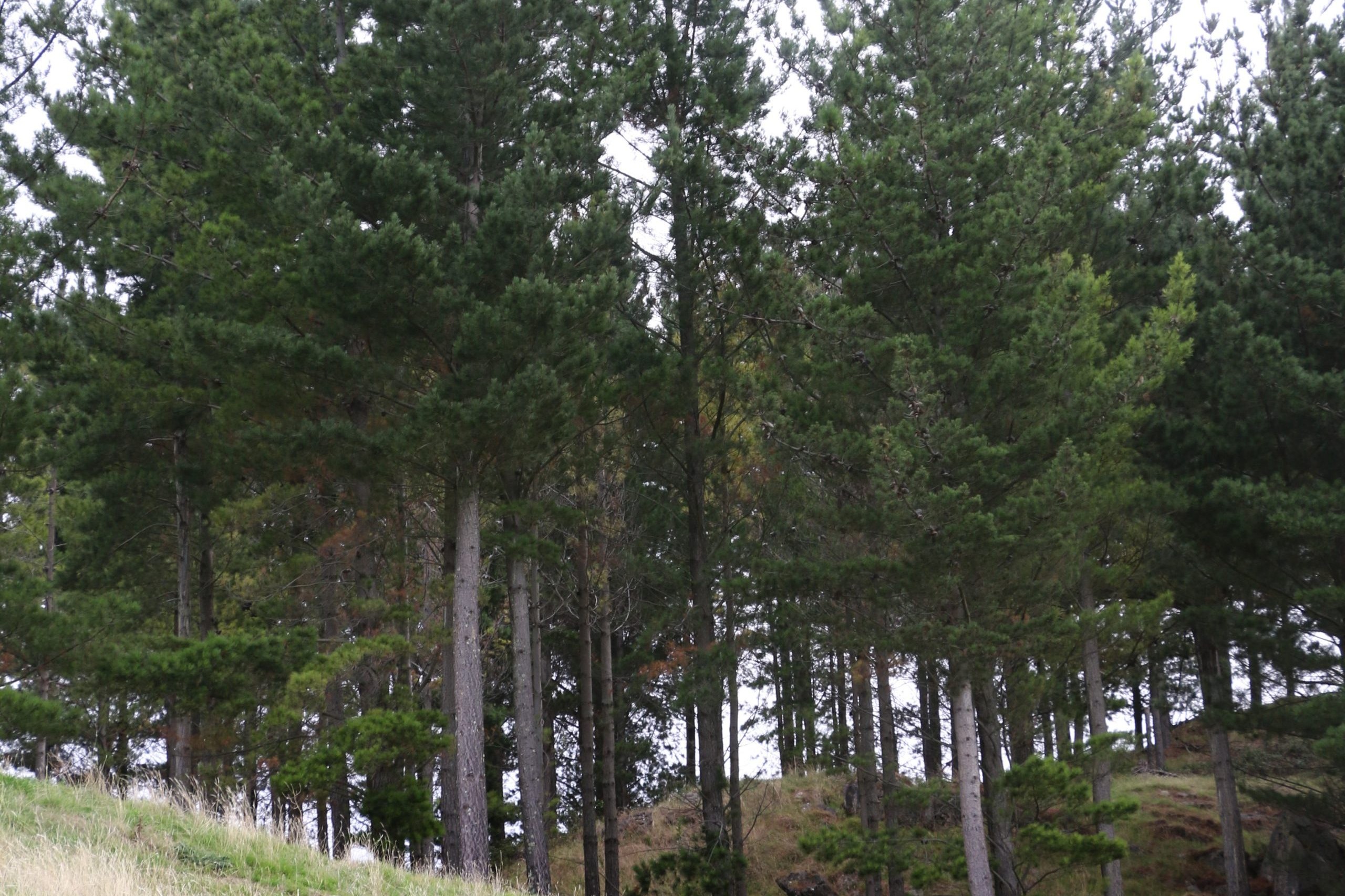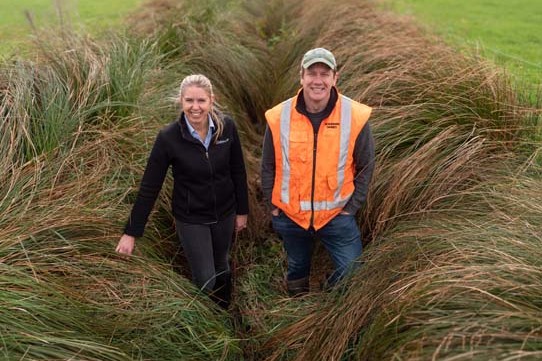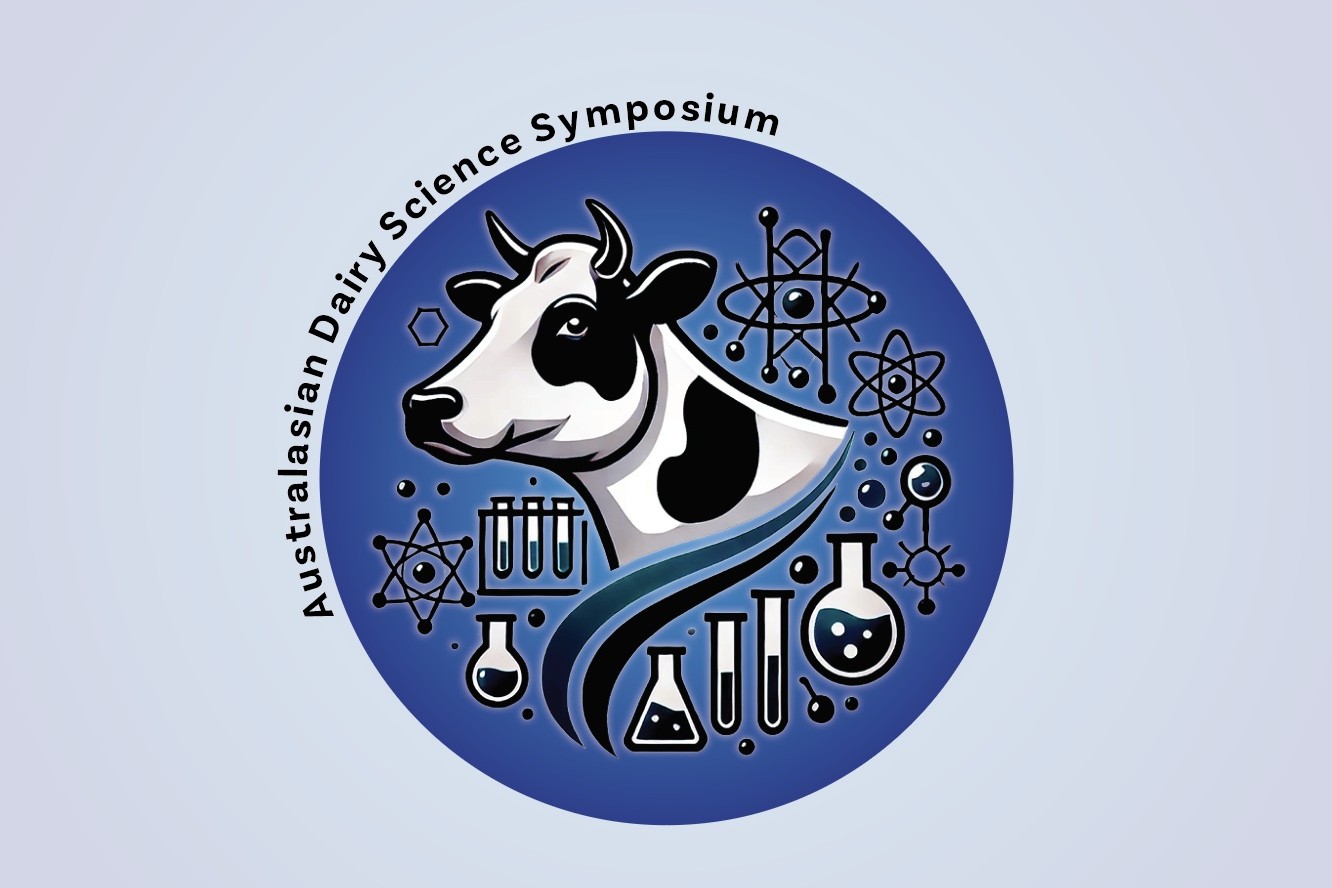A project in Southland is mapping soils and landscapes to provide leaching and emissions data to help farmers come up with plans to meet their own and government-sanctioned environmental targets. By Lynda Gray.
An award-winning project using proven science to help farmers make better carbon management decisions is starting to get results.
The project ‘Beyond Regulation’ won the 2021 AGMARDT Aotearoa New Zealand Food and Fibres Challenge, a contestable fund for initiatives with a ‘zero-carbon’ economy focus. A collaboration between Thriving Southland and environmental consultancy Land and Water Science, the project is using the $498,000 award to map in detail the soils and defining landscape features of a sheep and beef, a dairy, and a cropping farm system in Southland’s Mataura catchment. That information will give greater understanding on the leaching and greenhouse gas emissions of different soil types and help farmers come up with management plans to meet their own and government sanctioned environmental targets.
It’s a complex and detailed project, Thriving Southland project lead Richard Kyte says.
“We believe that a better and more detailed understanding of the landscape and soils and how it meshes with the overlying farm systems will uncover more levers to pull in reducing emissions and enhancing water quality. It’s about looking for the tools rather than getting bogged down by the rules.”
A good example onfarm was understanding how a higher nitrate aquifer feeds several springs on a particular farm. The question for the farmer was how to reduce nitrate run-off from these springs into streams and catchment waterways, leading to the establishment of wetlands to filter and reduce the nitrate flow.
“At farm level it’s not going to make a big impact, but at a catchment level it is. The science is showing how relatively small changes at a farm level can be multiplied and have a positive and cumulative effect across a catchment.”
Thriving Southland (TS) is a farmer and community-led group funded by a three-year $6 million grant from the Ministry for Primary Industries’ Productive and Sustainable Land Use fund. It has a governance board chaired by Jeff Grant, with six farmer and one independent board members. The operational side is managed by Kyte who oversees five coordinators to support 35 catchment groups covering more than 90% of the region.
Catchment groups approach TS with project ideas which are run past a farmer and agribusiness professional panel of five to check the proposal is science-based, realistic and aligns with sustainable farming principles. Once a project gets the go ahead, the catchment group takes ownership.
“They run it and report back to us, our role is to get the information for the farmers to make the changes.”
About 70% of funding is spent on group activities with the emphasis on giving information to farmers from which to make change.
“It’s about ground-up change, taking science to farmers to support them.”
About 80 projects have been funded ranging from a large-scale $421,000 Aparima Community Environment initiative to improve freshwater management and quality through water testing, farming practices, sediment traps and exploring future solutions; Lower Mataura catchment group’s $4000 project to introduce Macroinvertebrate Community Index testing; and the Three Rivers catchment group’s $1000 ‘Telling Our Story’ event, a marquee site at a local A&P Show to highlight information about water science, riparian planting, pest management and catchment groups.
The community-led, coordinated catchment group and information-sharing model has caught the attention of other regions such as Taranaki which has adopted a similar approach.
TS has created success and the obvious question is how to keep the momentum going once MPI funding stops in June 2023.
Kyte says positive discussions with funders and exploring possible partnerships are underway.
“Catchment groups, and Environment Southland want us to continue as do iwi. Our model and farmer driven groups together have created success, sustaining it is the challenge.”





